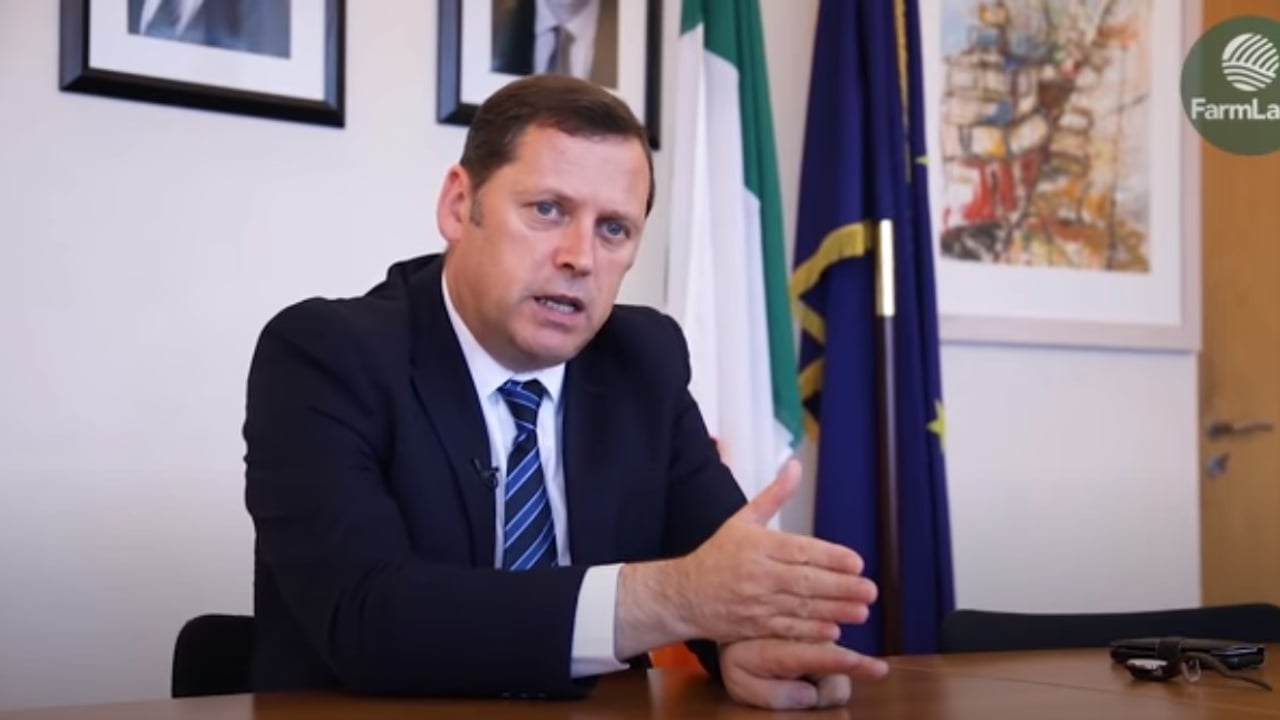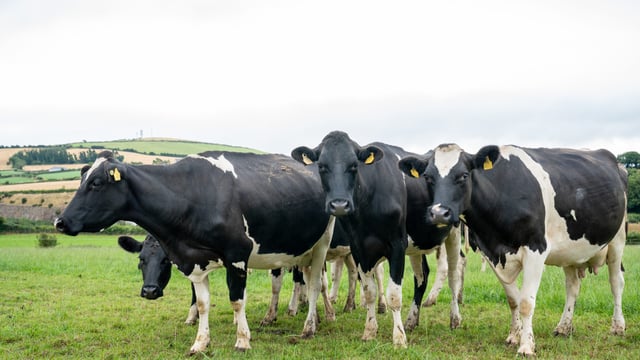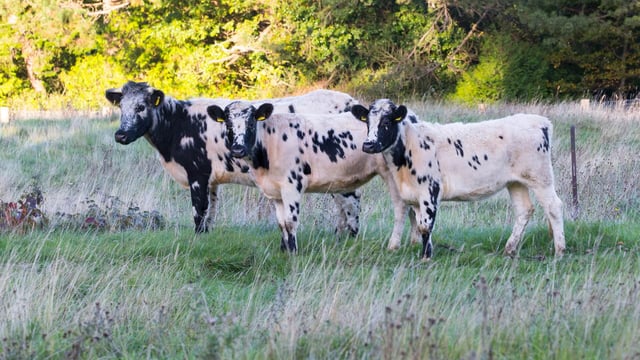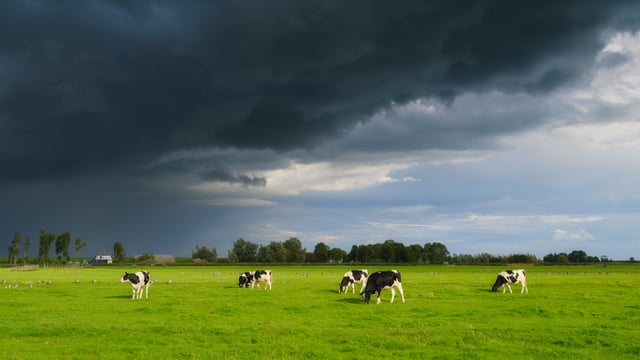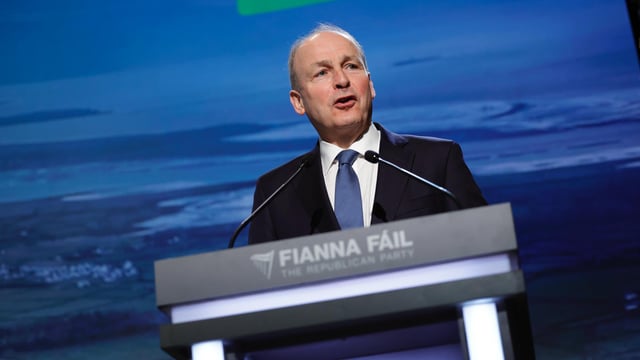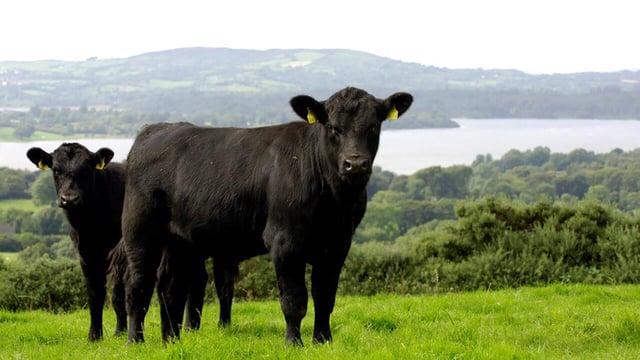‘Fight for the strongest possible outcome in Brussels’ - Cowen
In a public letter to Minister for Agriculture Martin Heydon, Barry Cowen MEP has expressed “concern” over recent public engagements by the Department of Agriculture, Food and the Marine (DAFM) with Brussels.
The MEP said that while Ireland is working to maximise the ring-fenced Common Agricultural Policy (CAP) allocation at EU level, there has been little indication that the Irish government intends to match this effort with clear national commitments.
MEP Cowen said: “My concern is that Ireland appears focused solely on extracting the highest possible amount from Brussels, rather than signalling that it is also willing to ‘step up to the plate’ at home."
The MEP’s letter refers to the proposed National and Regional Partnership Fund (NRPF), which gives member states flexibility and that Cowen maintains “Ireland must be prepared to use”.
“The CAP regulation sets a minimum ring-fenced allocation for income support within the NRPF, and member states may supplement this using non-earmarked resources from the wider fund,” he said.
Co-financing
Cowen said that national co-financing will be necessary for numerous EU funds.
“From 2028–2034, the distinction between Pillar 1 and Pillar 2 disappears,” he said.
“And while a small number of interventions remain fully EU-funded, the vast majority will require at least 30% national co-financing."
The MEP noted that where member states exceed their ring-fenced minimum for CAP, standard national co-financing rates apply under the Single Fund rules.
“Ireland would receive €11.4 billion from the NRPF, from which its €8.16 billion CAP allocation would be drawn.
"This represents a 20–24% reduction on the current €10.7 billion programme," Cowen added.
The MEP said that the Irish government will “have to decide whether to accept reduced support levels or compensate through increased national contributions or by drawing on wider NRPF resources”.
“The system has been designed to allow member states to protect farm incomes if they choose to do so,” he said.
Analysis
In his open letter, the MEP also discussed research about the potential impact of national decisions on CAP.
“Independent analysis, including that of Trinity College Dublin Prof. Alan Matthews, has underlined that the final CAP envelope will largely depend on national decisions,” Cowen said.
“While the ringfenced minimum points to a reduction, he [Prof. Matthews] notes a plausible scenario in which member wtates maintain or increase the CAP at its current share of overall shared-management funds, preserving the budget in nominal terms.
“Whether that outcome is realised will depend on the willingness of national authorities to use the flexibilities available."
Cowen noted how the professor had noted that the larger risk to the CAP "comes not from the structure of the NRPF but from the likelihood that member states will resist financing an expanded MFF”.
EU presidency
Cowen went on to highlight Ireland’s forthcoming presidency of the EU.
“During our presidency…it is essential that Ireland does not limit itself to pursuing maximum EU funding, but also makes clear that it intends to deploy national co-financing and non-earmarked NRPF resources where required," he said.
“Without that commitment, we risk presenting ourselves as passive recipients of whatever minimum emerges from negotiations, rather than as a member state willing to invest meaningfully in farm viability, generational renewal, long-term food security, and adopters of new technologies and innovations.”
Cowen urged the Irish government to “give an unequivocal signal that it will do both: fight for the strongest possible outcome in Brussels and stand ready to reinforce that outcome through national funding.”

